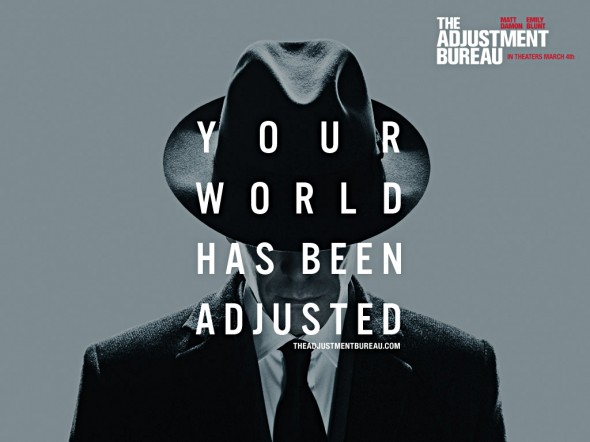A cringe-inducing catastrophe with all of the appeal of fingernails on blackboard, this movie’s first early warning sign should have been the omission of Jonathan Swift from the opening credits.
I thought at first it was an arrogant oversight. Now I think it is more likely his ghost showed up and threatened to haunt the film-makers and their descendants forever if they did not remove any mention of his name. Swift is the man who wrote the book, with satire so biting and fantasy so thrilling that it has endured for almost 300 years. It will survive this, too, but just barely.
The story has been updated so that Gulliver, like every other aspect of the story, is downgraded (and degraded). In Swift’s book, he is a surgeon. Here, played by a doughy and lusterless Jack Black, he is a guy who works in a newspaper mailroom, too insecure to try to get a promotion or ask out the beautiful editor he adores (Amanda Peet, who does her best to pretend she is in a better movie).
In order to impress her, Gulliver plagiarizes some travel pieces. She gives him an assignment to investigate the Bermuda triangle. I know this is a fantasy, but since when can newspapers afford a mail room staff and what appears to be a bountiful budget for investigative travel pieces?
Gulliver gets trapped in a vortex that lands him in a kingdom called Lilliput, populated by people who are just six inches tall. As in the book, at first he is captured, tied down while he is asleep on the beach. He stands up, ripping the ropes open. But there was noting in the book about his pants falling down, and then having him fall backwards with a poor Lilliputian apparently smothered by his, uh, tush separation.
And then it really gets disgusting. Gulliver has to rescue the king from a fire and, finding no water within reach, pees on everything to douse the flames . As dispiriting as that is, it is not as bad as the flaccid torpor of the script, which shows utter contempt for its audience in every line. Every reference, joke, and plot development is tired and predictable. Gulliver collects — guess! Yep, “Star Wars” action figures. At work, he slacks off by — guess! Playing “Guitar Hero.” When he persuades the Lilliputians that he is known as President Awesome back home where he comes from, we see posters all over the city with Gulliver appearing as the hero of every movie or play from “West Side Story” to “Wicked.” Those are hardly recognizable, much less knee-slapping references for anyone under 40.
Even worse, Gulliver is a thoroughly unpleasant character. He reflexively lies to everyone. He is selfish, incurious, and thoughtless. There is a dull storyline about a Lilliputian commoner named Horatio (a sweet Jason Segal) who dares to love the princess (a regal Emily Blunt), but it is ineptly handled. When the princess challenges the bad guy (Chris O’Dowd, the movie’s sole highlight) to come up with a reason for loving her, predictably, he can’t. But then, shouldn’t Horatio demonstrate some understanding or appreciation of the princess to show his fitness? The script and director Rob Letterman cannot be bothered to follow through. It just keeps desperately throwing stuff at the audience, finally including a killer robot.
Letterman, who showed he knows better in “Monsters vs. Aliens,” blows all the possibilities of the book’s shrewd (and still very relevant) commentary for silly sight gags like Gulliver’s using the Lilliputians to re-enact video games and DVDs. A “Titanic” joke! Stop!
A lump of coal in the stockings of everyone behind this mess.


